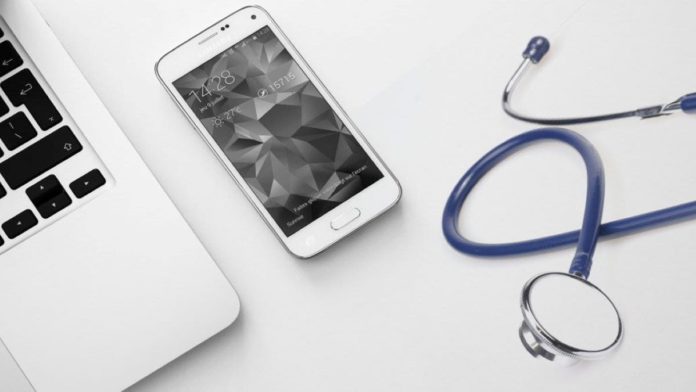Artificial intelligence (AI) has been bringing positive change in the medicine and healthcare industry. However, transplanting AI into the human body has remained a significant technical challenge. A research team led by Dr. Hans Kleemann, Professor Karl Leo, and Matteo Cucchi from the Dresden University of Technology has developed a biocompatible implantable AI chip. This first-time research shows that the chip will classify healthy and diseased biological signals in real-time. The results of the implantable AI chip research were published in the Science Advances journal.
Much effort has been given to developing biocompatible organic materials for biosignal detection. The current research uses a polymer-based fiber network that structurally resembles the human brain. This fiber network enables the neuromorphic AI principles of reservoir computing. The random placement of polymer fibers allows the data to be processed the same way as the human brain. The polymer fibers are non-linear, and they allow amplification of even the slightest signal changes. The organic electrochemical transistors (OECTs) and reservoir computing (RC) based chip is a non-invasive and lightweight implant that consumes less energy than pacemakers during the process.
Read More: Iteris reveals Artificial Intelligence-powered Detection Sensor Vantage Apex
“The vision of combining modern electronics with biology has come a long way in recent years with the development of so-called organic mixed conductors,” explains Matteo Cucchi, Ph.D. student and first author of the paper. “By harnessing the power of neuromorphic computing, such as reservoir computing used here, we have succeeded in not only solving complex classification tasks in real-time, but we will also potentially be able to do this within the human body. This approach will make it possible to develop further intelligent systems in the future that can help save human lives.”
The AI chip achieved 88% accuracy in distinguishing between a healthy heartbeat and three common arrhythmias. The potential uses of implantable AI chips are broad. Doctors can use them to monitor and report post-surgery cardiac arrhythmias recovery and complications to both doctors and patients via smartphones. The quick reporting time of implantable AI systems will ensure swift medical assistance.


